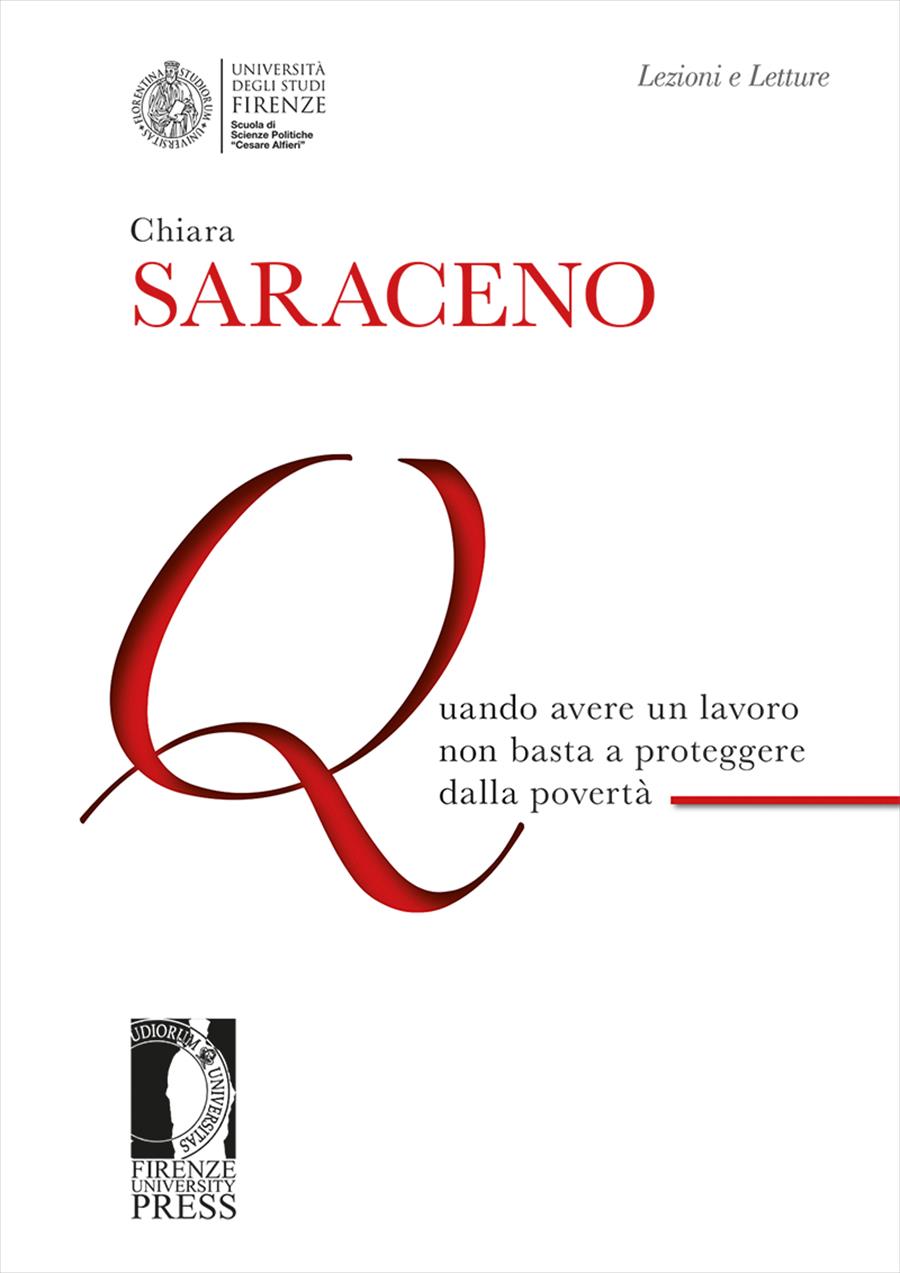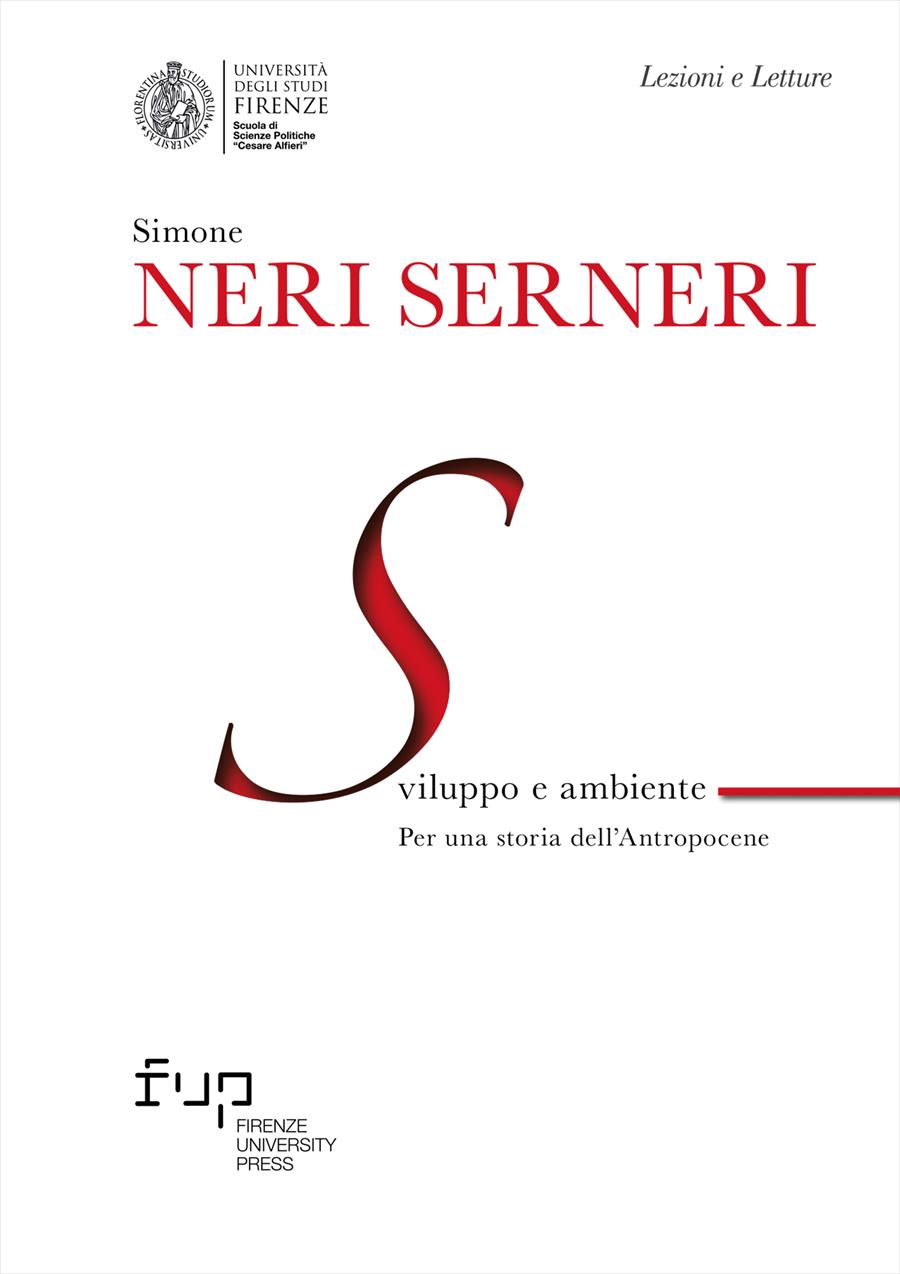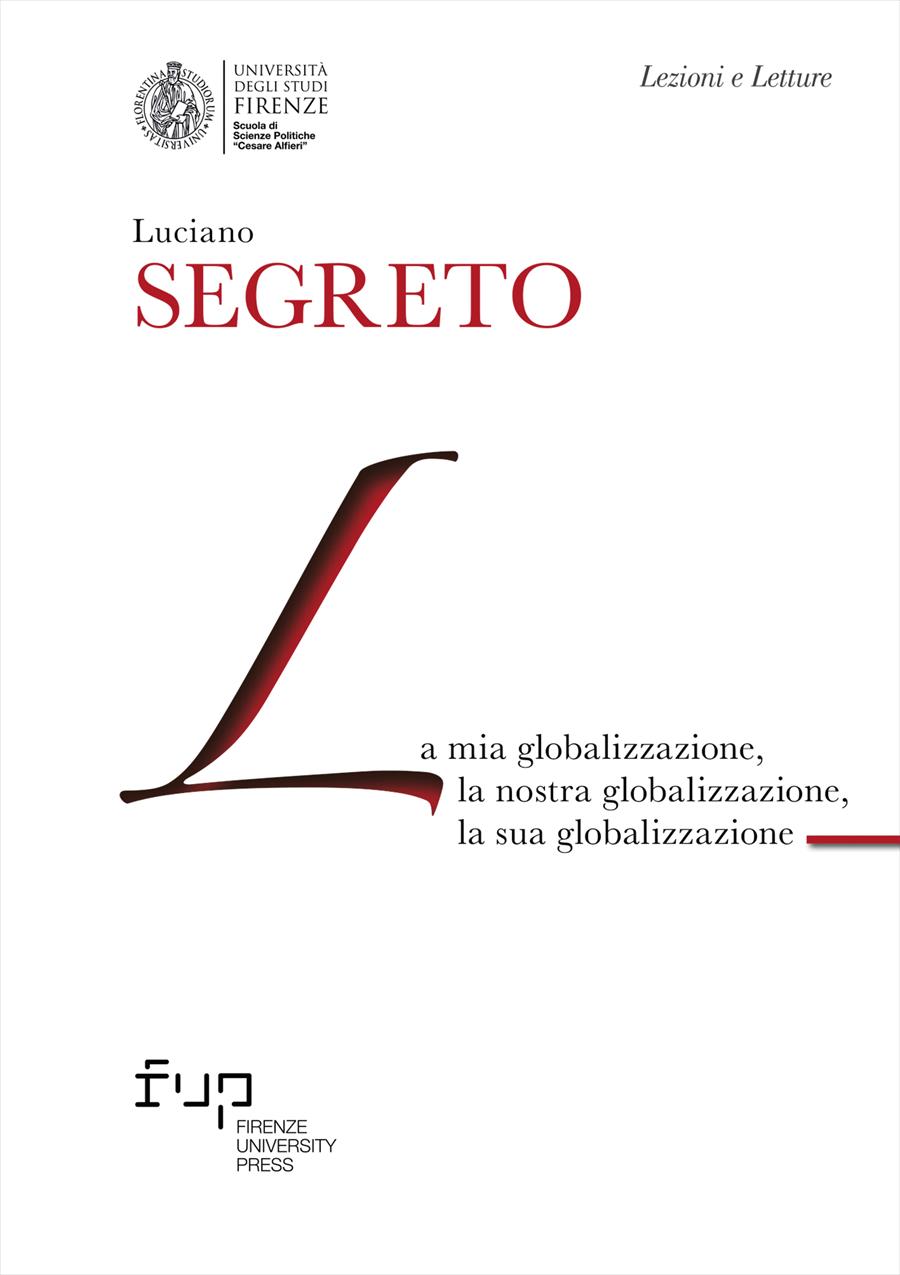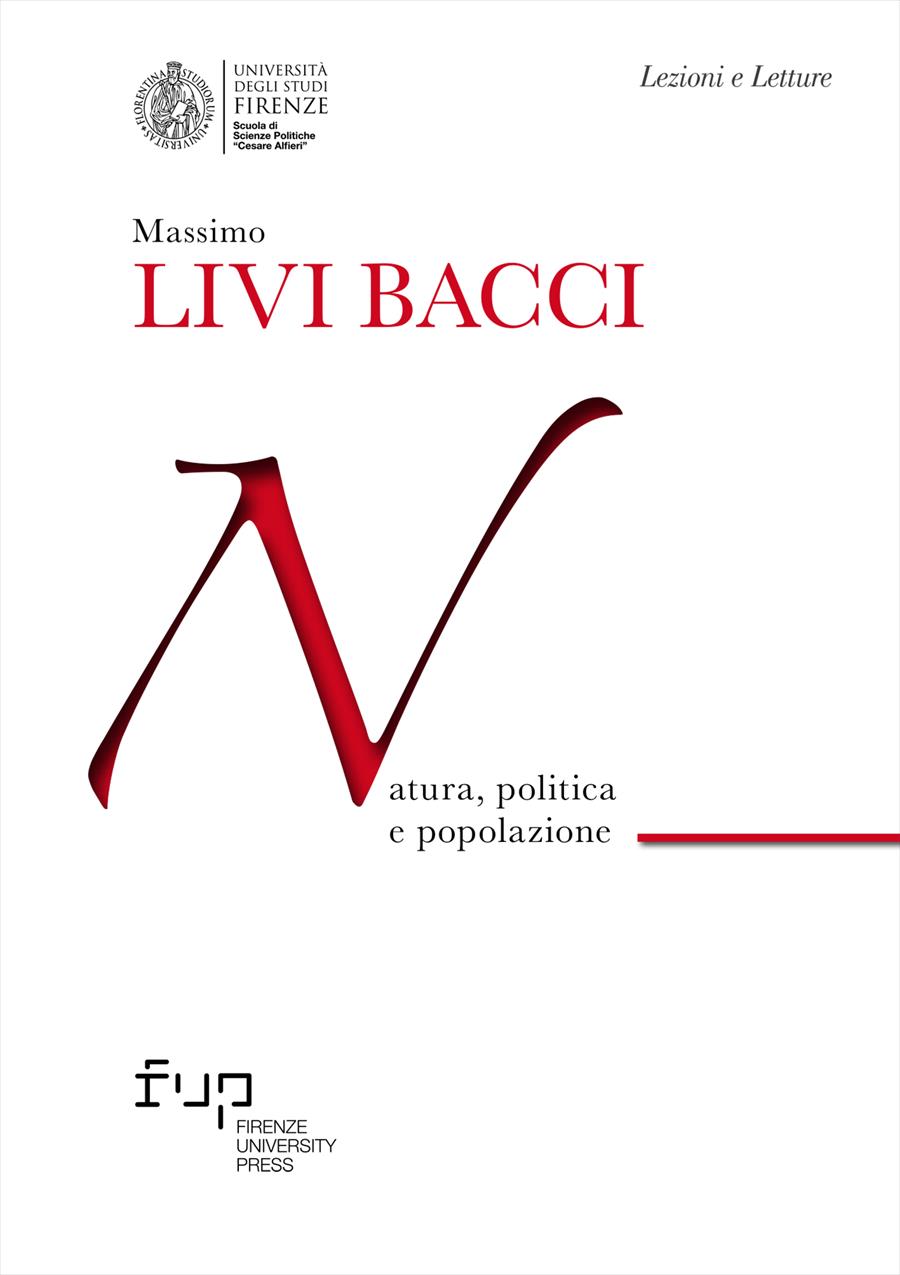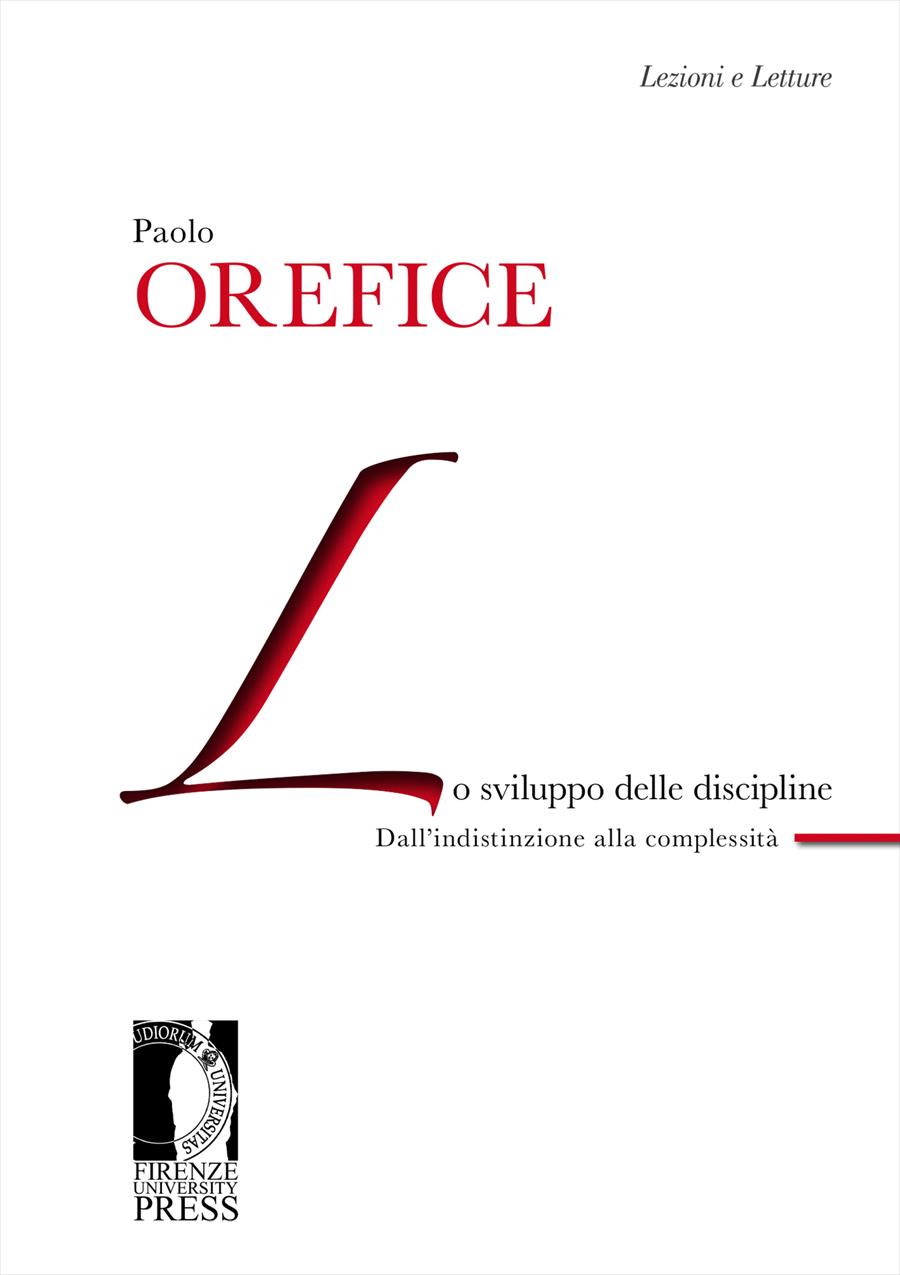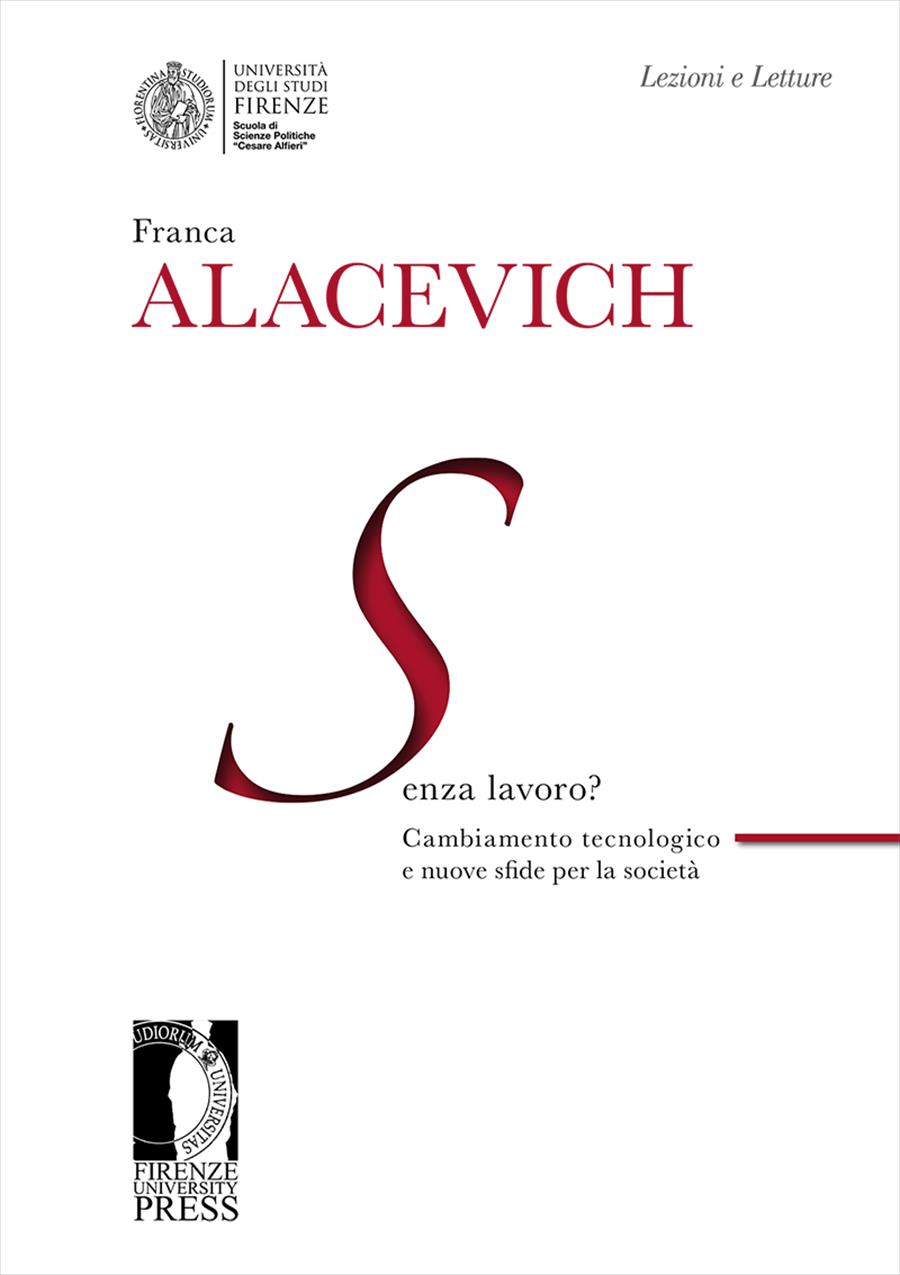Quando avere un lavoro non basta a proteggere dalla povertà
- Chiara Saraceno,
Having a job is not always a guarantee against poverty, for oneself and one's family. This depends on the one hand on the level of income acquired through work, on the other hand on the worker’s family situation. While a low income does not always lead to poverty in terms of consumption - if the worker’s family is able to provide additional incomes - on the contrary, an average income may not be sufficient if it is the only one in a family compose by several members. Low or intermittent work incomes, on the one hand, and high incidence of single-income families on the other hand - especially if they count several children - are among the main causes of poverty despite a work income. Above all, the second phenomenon explains why Italy is among the European countries with a relatively high percentage of poor workers on a family basis, a condition which is also the cause of a high incidence of child poverty.
- Keywords:
- poor workers,
- income and poverty,
- child poverty,
- DOI: 10.36253/978-88-5518-041-2
- Series: Lectio Magistralis
- Scientific Board: Lezioni e Letture della Scuola di Scienze politiche «Cesare Alfieri»
- Language: Italian
- Subjects: Sociology
Collegio Carlo Alberto, Turin, Italy - ORCID: 0000-0001-7392-2127
- Ermisch J., Jäntti, M., Smeeding T.M. (eds.) 2012, From Parents to Children, Russel Sage Foundation, New York.
- European Commission 2013, Employment and Social Developments in Europe. 2012, Publications Office of the European Union, Luxembourg.
- Grundiza L., Lopez Vilaplana C. 2013, Is the Likelihood of Poverty Inherited?, Eurostat, Statistics in focus, 27.
- INPS 2018, Rapporto INPS 2018, INPS, Roma.
- INVALSI 2019, Rapporto Invalsi 2019, <https://www.invalsiopen.it/risultati/rapporto-prove-nazionali-invalsi-2019/> (04/2020).
- ISTAT 2019a, Famiglie e mercato del lavoro. Anno 2018, «Statistiche Report», 6 giugno.
- ISTAT 2019b, Le statistiche dell’ISTAT sulla povertà. Anno 2018, «Statistiche Report», 18 giugno.
- Istituto Superiore di Sanità 2016, Okkio alla salute, Roma.
- Lucifora C. 2019, Working poor e politiche per l’occupazione, in C. Dell’Aringa, P. Guerrieri (a cura di), Inclusione, produttività, crescita. Per una crescita inclusiva, il Mulino, Bologna, cap. 12.
- Lucifora C., McKnight A., Salverda W. 2005, Low-Wage Employment in Europe: a Review of Evidence, «Socio-Economic Review», 3, pp. 259-292.
- Maitre B., Nolan B., Whelan C.T. 2012, Low Pay, In-Work Poverty and Economic Vulnerability: a Comparative Analysis Using Eu-Silc, «The Manchester School», LXXX (1), pp. 99-166.
- Meo A. 2012, I working poor. Una rassegna degli studi sociologici, «La rivista delle politiche sociali», 2, pp. 219-241.
- Natali L., Saraceno C. 2017, The Impact of the Great Recession on Child Poverty. The Case of Italy, in B. Cantillon, Y. Chzen, S. Handa, B. Nolan (eds.), Children of Austerity, Unicef-Oxford University Press, Oxford, pp. 170-190.
- OECD 2011, Divided We Stand. Why Inequality Keeps Rising, OECD, Paris.
- Salverda W., Mayhew K. 2009, Capitalist Economies and Wage Inequality, «Oxford Review of Economic Policy», XXV (1), pp. 126-154.
- Saraceno C. 2015, Il lavoro non basta. La povertà in Europa negli anni della crisi, Feltrinelli, Milano.
- Save the Children 2018, Le periferie dei bambini. IX Atlante dell’infanzia a rischio, Treccani, Roma.
- Smeeding T., Erikson R., Jäntti M. (eds.) 2011, Persistence, Privilege and Parenting, Russel Sage Foundation, New York.
- Standing G. 2011, The Precariat. The New Dangerous Class, Bloomsbury Academic, London.
- Veneto Lavoro 2017, La durata effettiva dei lavori a tempo indeterminato, <https://www.venetolavoro.it/documents/10180/1693590/Misure_72%20Durate%20tempi%20indeterminati.pdf> (04/2020).
- Veneto Lavoro 2018, Esiti delle catene di rapporti di lavoro a tempo determinato e di somministrazione che hanno superato i 24 mesi nel 2017. Una verifica ad aprile 2018, <http://www.venetolavoro.it/documents/10180/1693590/Misure%2080_Decreto%20dignit%C3%A0%20esiti.pdf> (04/2020).
- Publication Year: 2020
- Pages: 56
- eISBN: 978-88-5518-041-2
- Content License: CC BY 4.0
- © 2020 Author(s)
- Publication Year: 2020
- Pages: 56
- ISBN: 978-88-5518-040-5
- Content License: CC BY 4.0
- © 2020 Author(s)
Bibliographic Information
Book Title
Quando avere un lavoro non basta a proteggere dalla povertà
Authors
Chiara Saraceno
Peer Reviewed
Number of Pages
56
Publication Year
2020
Copyright Information
© 2020 Author(s)
Content License
Metadata License
Publisher Name
Firenze University Press
DOI
10.36253/978-88-5518-041-2
ISBN Print
978-88-5518-040-5
eISBN (pdf)
978-88-5518-041-2
eISBN (epub)
978-88-5518-042-9
Series Title
Lectio Magistralis
Series ISSN
2612-7725
Series E-ISSN
2704-5935
